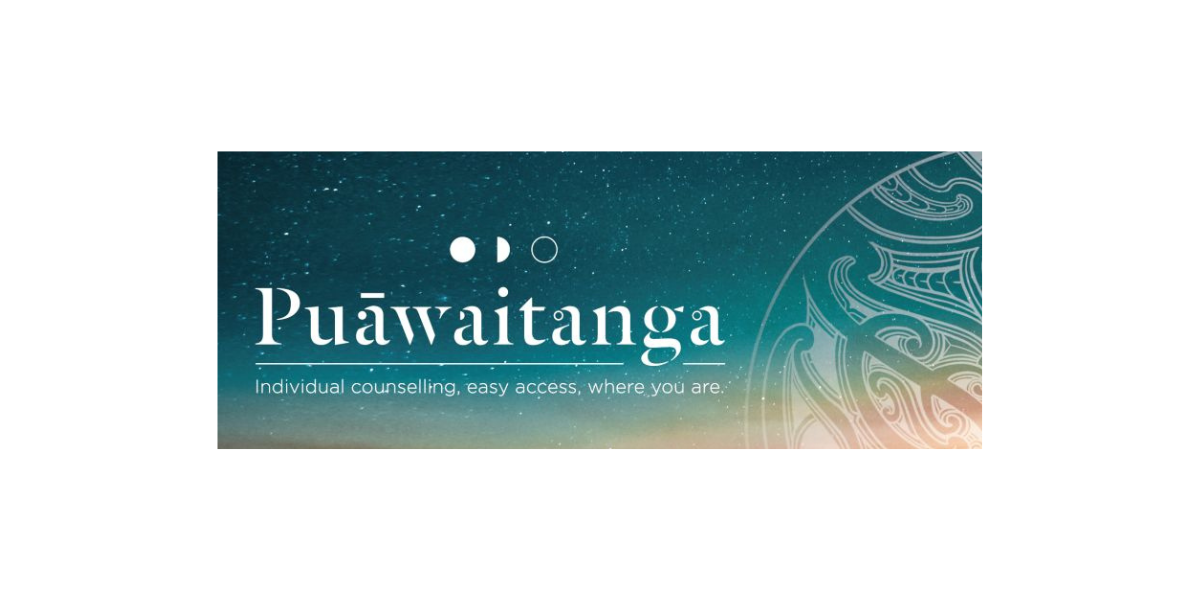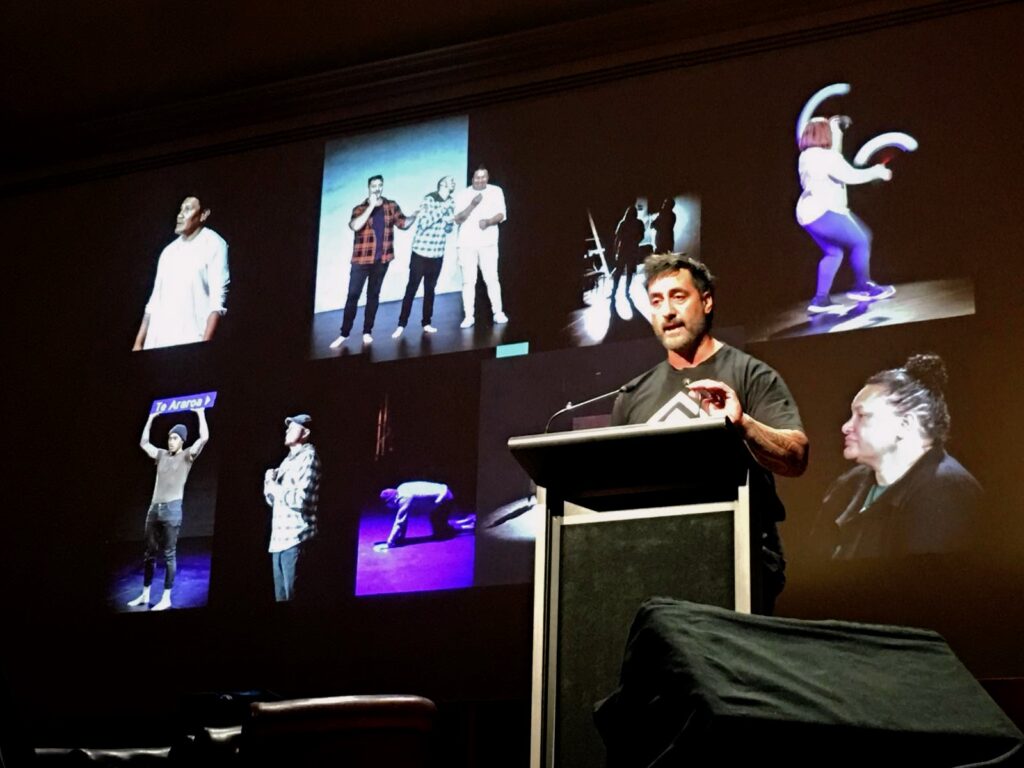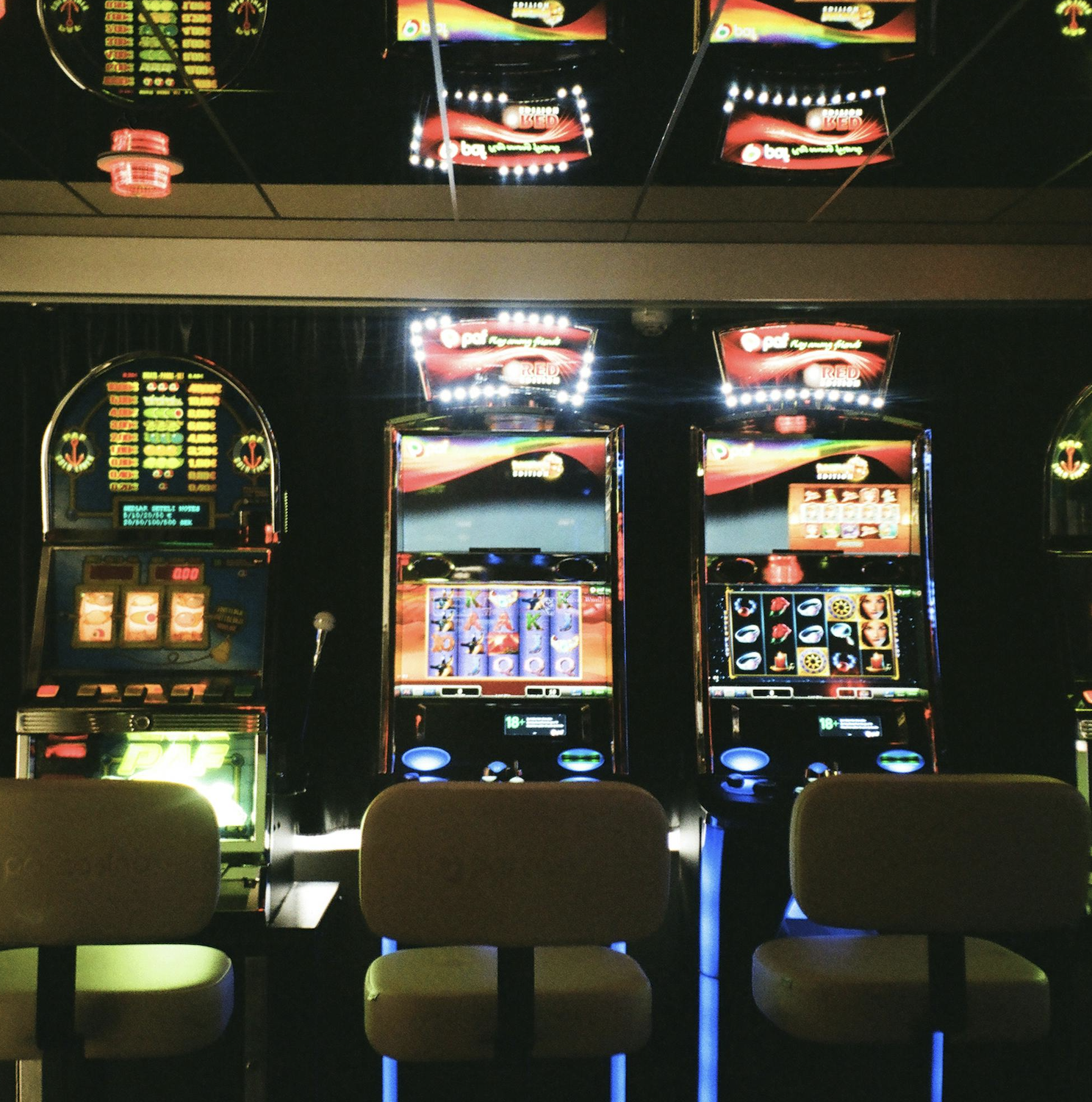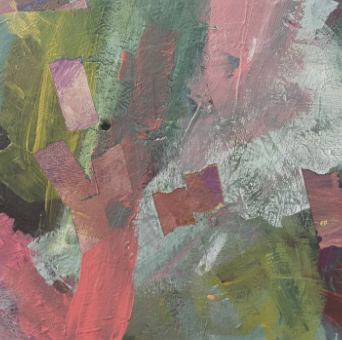Matapiata | Whakarongorau-Puāwaitanga
Published:
September 23, 2025

Puāwaitanga is a Brief Intervention Counselling service, delivered through phone and video. It offers:
- Equal outcomes for all: tāngata whai ora (service users) report a 41% improvement in wellbeing, with Māori reporting a 42% lift
- A culturally responsive counselling service that fills a recognised gap in the wellbeing space: not just saying we’re grounded in Te Ao Māori and Te Whare Tapa Whā but actually delivering equal outcomes for Māori.
- In most cases, we provide same day nurturing guidance from our Kaiwhakatere (a non-clinical navigator).
- We can often offer next day availability for counselling sessions with our carefully selected clinicians.
- Appointments available 9am–9pm, 7 days, with no travel or waitlists.
- Our counsellors speak over 8 languages, including te reo Māori, Hindi, Fiji Hindi & Samoan.
- We don’t just say goodbye – Puāwaitanga provides sessions depending on each person’s needs. We check in again 3 months after sessions close, as a moment to celebrate or provide further support.
- Backed by the exceptional clinical oversight and robust reporting capabilities of Whakarongorau Aotearoa, providers of services such as Healthline, 1737 Need to Talk, and Safe to Talk amongst others.
At the heart of Puāwaitanga is a commitment to making mental health support accessible, culturally grounded, and genuinely person-centred. Our mahi is about walking alongside tāngata whai ora as they navigate stress, anxiety, and depression. We offer timely, flexible, and compassionate support.
What drew you to this kaupapa, and how has your journey shaped the way you approach this work?
This kaupapa is about restoring mana, creating safe spaces, and delivering brief intervention counselling in a culturally relevant way. The journey has taught us that healing doesn’t happen in isolation; it happens in relationship, in trust, and in culturally safe environments. That’s why Puāwaitanga was co-designed with tāngata whai ora, and why we continue to evolve based on their voices.
What do you love most about the mahi?
The most rewarding part is witnessing transformation; when someone who felt overwhelmed or disconnected begins to see a path forward. It’s in the quiet moments of reconnection, the courage to reach out, and the joy of seeing someone reclaim their hauora. We also love the flexibility of the service – being able to meet people where they are, literally and emotionally, through phone or video, at times that suit their lives. It’s one of the many reasons we have been able to achieve improved wellbeing scores for all tāngata.
What are some of the most powerful stories of transformation you’ve witnessed through your work?
We’ve seen tāngata whai ora who were hesitant to engage at first, go on to complete multiple sessions, build strong therapeutic relationships, and report feeling more grounded and hopeful. One tāngata whai ora shared that for the first time, they felt truly heard and seen – not as a diagnosis, but as a whole person. Another was able to return to work and reconnect with whānau after years of isolation. These stories remind us why this mahi matters.
What have the challenges been?
One of the biggest challenges is ensuring that people know Puāwaitanga exists and that it’s for them. For the past 7 years, the service has been delivering exceptional results to tāngata connected to us through their university, primary care providers, or MSD (who are now no longer able to fund this service for their beneficiaries).
This means we’re now looking at creative ways to reach more tāngata across the motu, through partners such as Whāriki who may have deep local connections and a wide network.
We’re constantly working to break down barriers – whether that’s digital access, stigma, or navigating systems. Puāwaitanga has such a meaningful history of co-design and has proven measurable impacts on tāngata; we’d love to see more people benefit from the service and our passionate clinicians.
What inspires you and who have your greatest teachers and mentors been?
We’re inspired by the resilience of tāngata whai ora and the strength of whānau. Our greatest teachers have been the people we serve – their feedback, their courage, and their trust guide everything we do, and has helped shape the counselling service into what it is. It’s why we see such phenomenal results from Māori and non-Māori alike.
We also draw inspiration from our Kaiwhakatere, who create safe, welcoming spaces from the very first kōrero, and from our clinical leaders who uphold the integrity and safety of the service.
What’s one whakaaro or piece of advice you’d give to others working in this space who want to create meaningful change?
Start with whanaungatanga. Build real relationships, listen deeply, and let the voices of those you serve shape the service. Don’t rush to fix but rather create space for people to be seen, heard, and supported in ways that honour their identity and mana. Healing is not a transaction, it’s a journey.


